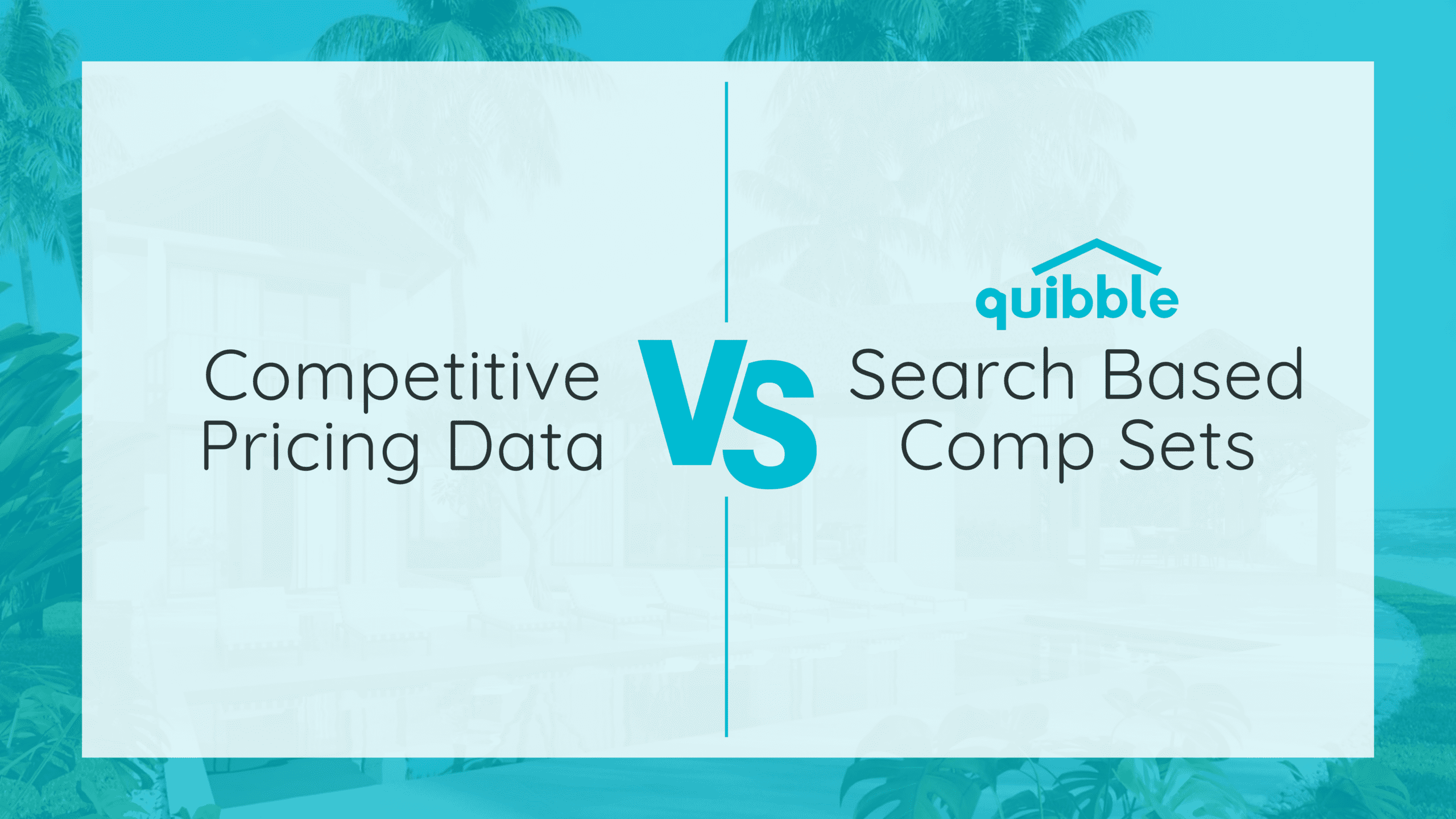Discrete Choice Experiments (DCEs)
Discrete choice experiments, or DCEs, are a sampling technique used to collect data and derive demand curves for various attributes of products. They are typically conducted in retail settings, but they can also be used in other industries where there are a large number of distinct products with different prices. This article will explain what a discrete choice experiment is, the advantages, and why this method is useful for revenue management and optimization.
What is a discrete choice experiment?
A discrete choice experiment (DCE) is a powerful tool for revenue management. A DCE helps you understand how customers make choices and allows you to test and optimize prices, packages and bundles. It is also known as “stated preference” because respondents state their preferences instead of having them inferred from their behavior.
“A DCE helps you understand how customers make choices and allows you to test and optimize prices, packages and bundles.”
A DCE usually consists of a set of hypothetical choices between different products or services, with each choice presented multiple times within the experiment. The respondent selects one choice from each pair; however, the order in which each pair appears may vary across respondents so that it’s not possible for them to guess what will happen next based on previous selections alone.
You can conduct a DCE by using your own website or another online tool to present hypothetical choices. Alternatively, you can use SurveyEngine, an academic-grade survey research platform that offers a DCE feature as part of its service.
What are the advantages?
In a discrete choice experiment (DCE), you present respondents with hypothetical scenarios and ask them to choose among several options. It’s similar to a survey or focus group, but there are some key differences that make DCEs much more effective:
- It’s easy for customers to imagine themselves in these scenarios; they’re not being asked about something abstract like “what would happen if our service got better?” They’re imagining themselves actually using your product or service under specific conditions.
- It’s easier to get customers to imagine themselves in a specific scenario than it is to get them to answer general questions about your product or service. This makes DCEs more reliable and accurate than surveys or focus groups.
- DCEs are fast and easy to run. You can do them with as little as 10 customers, which means you don’t have to spend days or weeks recruiting participants.
DCEs are a valuable tool for revenue management and optimization.
Discrete choice experiments are a valuable tool for revenue management and optimization. They can be used to determine the price point that maximizes revenue and profit, which is important information for any vacation rental company and/or property manager looking to increase its profits.

DCEs were originally developed by economists as a way of studying consumer behavior through controlled experiments. In these studies, participants are presented with different scenarios or options (e.g., “Would you purchase this product at $50?”) and asked to choose between them based on their preferences. The researcher then analyzes the data collected from these choices in order to draw conclusions about what drives consumers’ decisions regarding purchasing behavior based on certain factors such as price point or product quality level.
“They can be used to determine the price point that maximizes revenue and profit, which is important information for any business looking to increase its profits.”
💎 Conclusion
DCEs allow you to gather data from customers and use it to optimize your short-term rental business. This is especially important in the travel industry, where customers’ needs and preferences can be difficult to predict without testing them out first. It is constantly evolving, which means that you have to stay on top of trends and changes in customer preferences. With DCEs, you can test different scenarios quickly and easily before implementing any changes that may affect your bottom line.
“With DCEs, you can test different scenarios quickly and easily before implementing any changes that may affect your bottom line.”
Join our newsletter
Dominate the short-term rental market with cutting-edge trends









